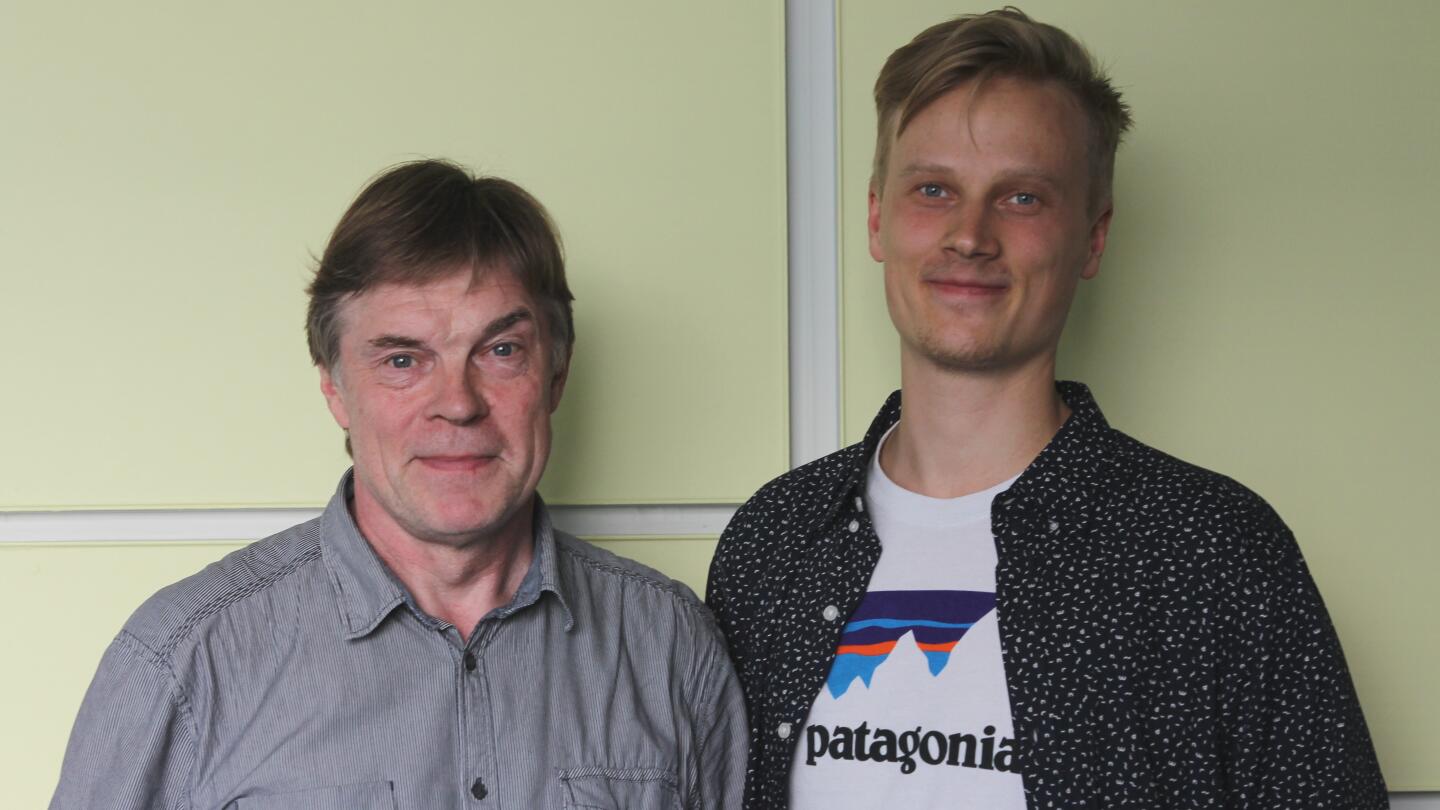Mentoring can help see post-dissertation opportunities

Olli-Pekka Heinimäki, Doctoral Candidate
Doctoral Programme on Learning, Teaching and Learning Environments Research (OPPI), Department of Teacher Education
I took part in the mentoring programme because I hoped mentoring would help me understand what opportunities there are after the dissertation phase – both within the university and outside, as well. As being able to see these opportunities also requires a deep understanding of one’s own abilities, I found it was an important opportunity to be able to go through these things with a more experienced academic.
By looking at strengths, skills, weaknesses, and interests, we have considered possible career paths for me. Discussions have also offered me great, concrete means and tips on daily dissertation work and how to organize other work effectively. As an esteemed academic, the mentor has also been able to bring out new perspectives and realities regarding a career at a university.
Initially, we did not set a single, concrete goal for the mentoring – as you learn new things during the mentoring process, you get the feeling that your aims, as well, are in a process of on-going development. While signing up for the programme, it was also important to me that I seek to work in such a way that the mentor, too, finds the experience rewarding. What has been best about mentoring are the discussions and support in a collegial environment and with a person who you feel you are on the same wavelength with.
Professor Pasi Koski
Department of Teacher Education, Rauma Campus
I was happy to partake in the mentoring programme. Working with bright, young students is pleasant and rewarding. I have plenty of experience in the views, wisdom, and support of the older generation. When I was reading the lines in Olli-Pekka’s application for the mentoring programme, I felt congeniality and a kind of kinship with him.
I hoped that my experience could support and assist Olli-Pekka in considering his career options. During our mentoring discussions, we have covered the realities of the academic world both in good and bad. We have thought about natural next steps for Olli-Pekka as well as how to advance with the aid of his strengths.
What has been best about mentoring is getting to know a smart guy and reflecting on life from the viewpoints of two different generations.